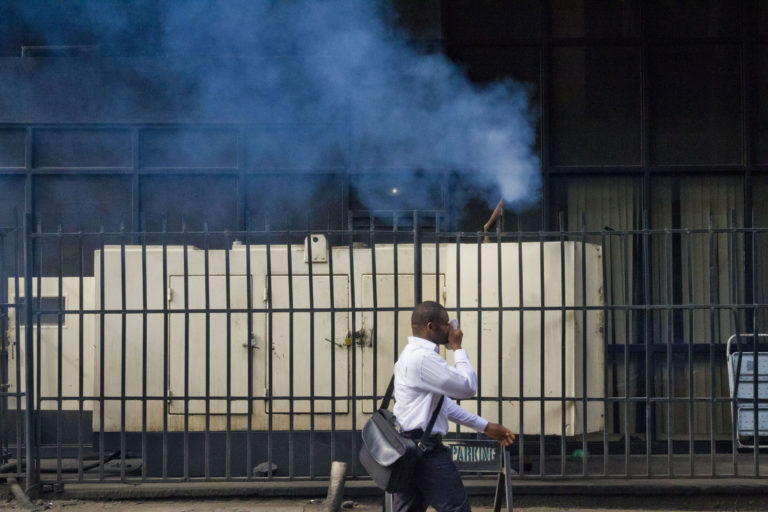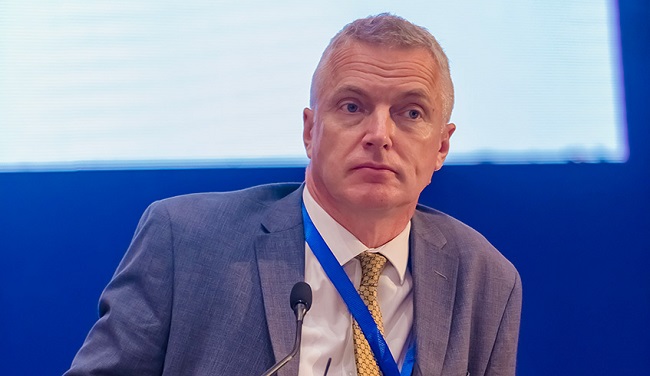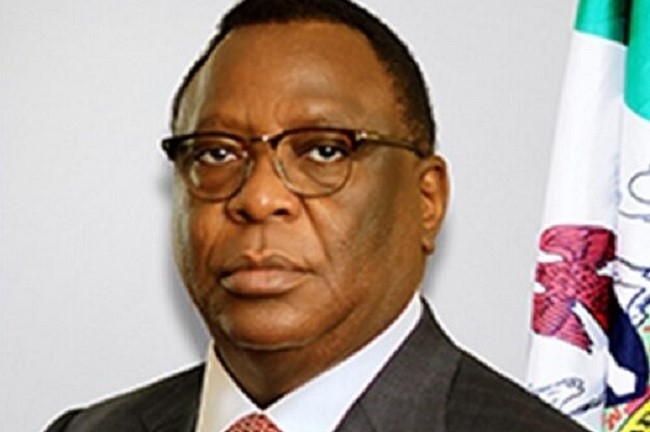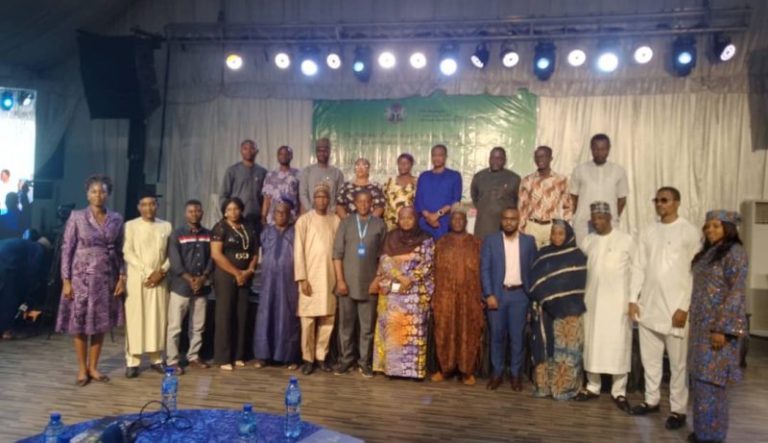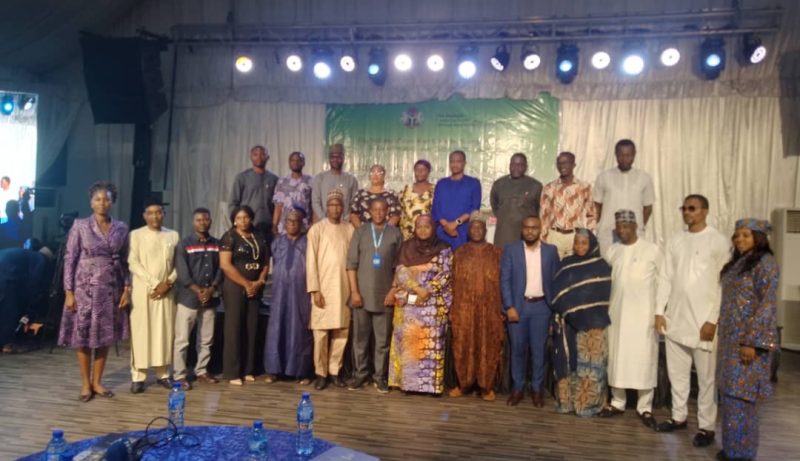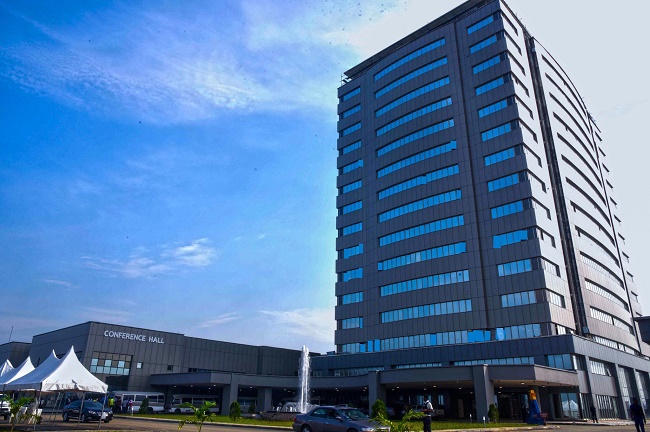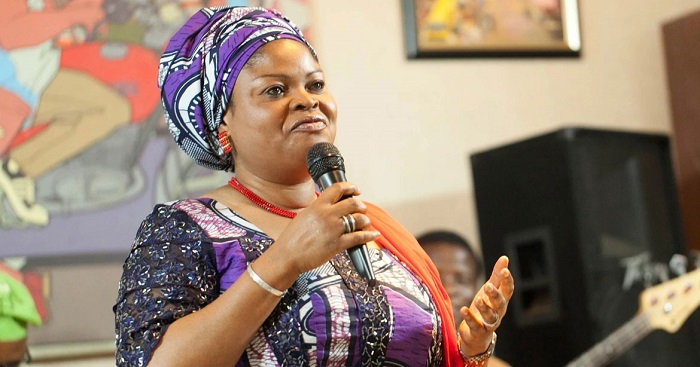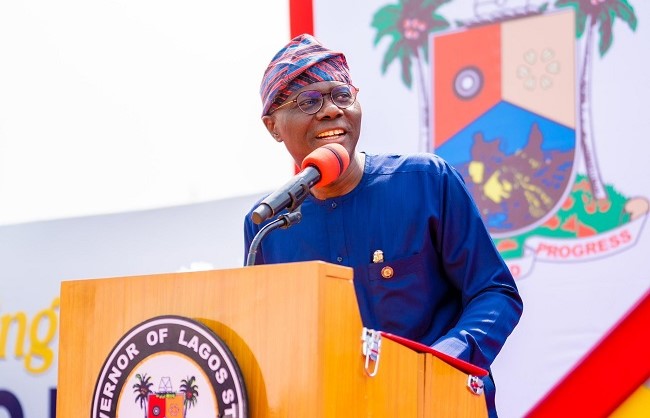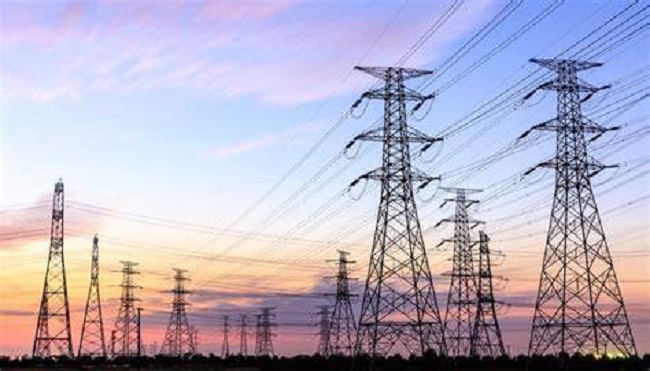In what appears to be an unprecedented show of unity, more than 47 million health professionals, patients, advocates, representatives from civil society organisations, and individuals worldwide have signed a resounding call for urgent action to reduce air pollution and to protect people’s health from its devastating impacts.
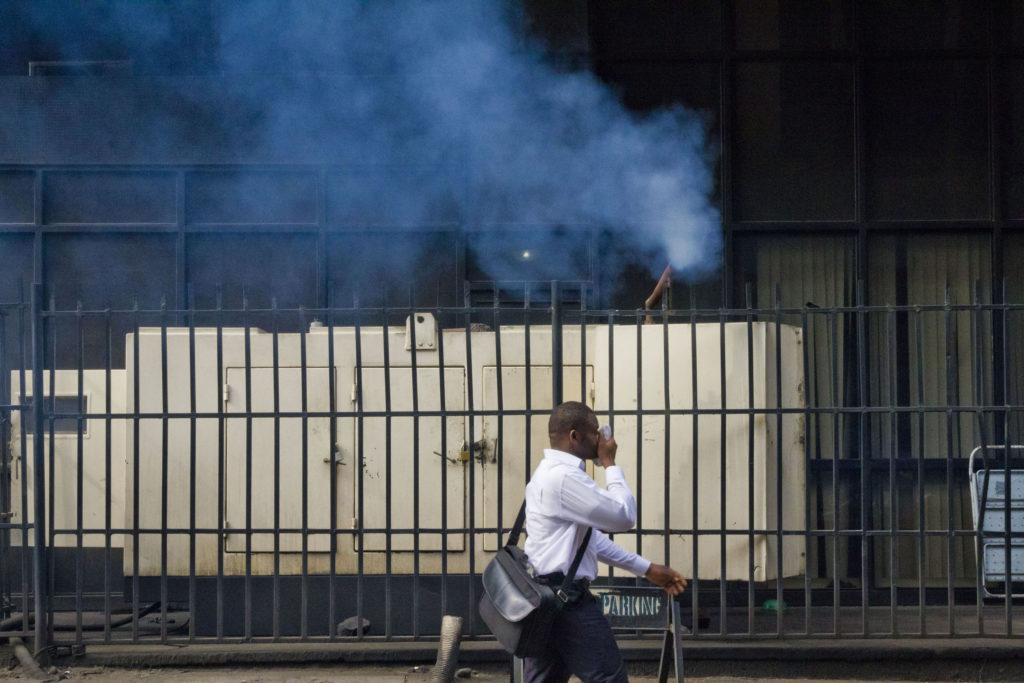
Air pollution is one of the biggest environmental threats to human health and a major contributor to climate change. Around 7 million people die from air pollution each year, mainly from respiratory and cardiovascular diseases.
This global call to action, spearheaded by the World Health Organisation (WHO) and international health organisations will be presented at the Second Global Conference on Air Pollution and Health, set to take place in Cartagena, Colombia, from March 25 to 27, 2025.
“Forty-seven million people from the health community have issued a clarion call for urgent, bold, science-driven action on air pollution, and their voices must be heard,” said Dr Tedros Adhanom Ghebreyesus, WHO Director-General. “Around the world, WHO is supporting countries to implement evidence-based tools to address air pollution and prevent the disease it causes. At the second WHO Conference on Air Pollution and Health in Cartagena, we hope to see concrete commitments from countries to implement those tools and save lives.”
Hosted by WHO and the Government of Colombia, the conference will bring together political leaders, representatives from civil society organisations, UN agencies and academia to drive a global clean air agenda which promises benefits for public health, climate change response and sustainable development, both globally and locally.
Recognising the heavy toll of air pollution, the health community is calling on governments to take immediate and ambitious steps to reduce emissions, enforce stricter air quality standards, and transition to cleaner energy sources, unlocking multiple benefits for the health of people and planet. The topic will also be a focus ahead of the 2025 UN High-Level Meeting on noncommunicable diseases (NCDs), where world leaders will be called upon to take stronger action.
Key facts:
- Air pollution in both cities and rural areas generates fine particulate matter which results in NCDs such as stroke, heart disease, lung cancer, chronic respiratory diseases as well as acute conditions such as pneumonia.
- Around 2.1 billion people are exposed to dangerous levels of household air pollution, while using polluting open fires or stoves for cooking.
- Noncommunicable diseases (NCDs), are among the leading causes of death, many are linked to air pollution exposure. The global NCD epidemic claims 41 million lives annually. Addressing air pollution is a key strategy in reducing the burden of NCDs and improving global health.
- Sources of air pollution are varied and context-specific. The major pollution sources include polluting energy sources used in homes, energy production, industrial emissions, transport, agriculture, waste as well as natural sources such as desert and dust storms or wildfires.
Improving air quality by implementing well-known and available solutions will prevent premature deaths, improve health, drive sustainable economic development, and mitigate climate change.
At the conference, countries are expected to commit to concrete measures, including setting and enforcing stronger air quality standards aligned with the WHO Global Air Quality Guidelines. WHO, in collaboration with the Swiss Tropical and Public Health Institute (Swiss TPH), has unveiled the updated 2025 Air Quality Standards database last month, which now includes data from approximately 140 countries, showcasing their air pollution regulatory efforts aimed at protecting public health.
“While the challenge is immense, progress is possible. Many cities and countries have significantly improved air quality by enforcing stricter pollution limits,” said Dr Maria Neira, WHO Director for Environment, Climate Change and Health. “Clean air is not a privilege; it is a human right as recognized by the UN General Assembly. We need to work together urgently to scale up transitioning from coal-fired power to renewable energy, expanding public and sustainable transport, establishing low-emission zones in cities and promoting clean energy for cooking and solar power in healthcare facilities.”
“The commitments made at the upcoming Second Global Conference on Air Pollution and Health and the UN High-Level Meeting on NCDs will play a crucial role in paving the way for a healthier, more sustainable future for all. Now is the time to take the call and step up efforts for cleaner air, everywhere,” submitted the WHO.

